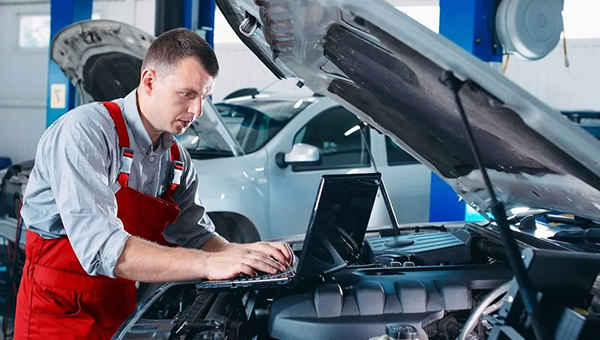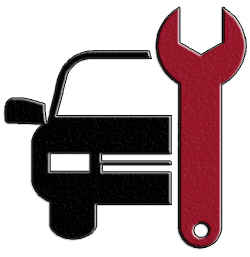Why does my car overheat when idling?
Understanding and Preventing Car Overheating While Idling
Experiencing overheating in your car while idling can be not only frustrating but also potentially hazardous. This issue can stem from various factors, ranging from minor glitches to severe mechanical malfunctions.
Gaining insight into these causes is pivotal in promptly addressing the issue and safeguarding your vehicle against further damage.

Identifying Common Culprits:
Low Coolant Levels
- Inadequate levels of coolant within the car’s cooling system can trigger overheating, particularly during idling. Coolant plays a critical role in absorbing heat from the engine and dissipating it through the radiator.
Malfunctioning Thermostat
- A faulty thermostat might fail to regulate coolant flow through the engine effectively. This malfunction is especially problematic during idle periods when the engine’s demand for coolant is at its peak.
Cooling System Leaks
- Leaks within the cooling system, example: those from hoses, radiators, or water pumps, can result in coolant loss. Insufficient coolant circulation through the engine can lead to overheating, especially when the vehicle is stationary.
Radiator Complications
- Issues with the radiator, example: clogs or damaged fins, can hinder proper engine cooling. Limited airflow during idling exacerbates these problems, contributing to overheating.
Faulty Cooling Fans
- Cooling fans are responsible for drawing air through the radiator to cool the coolant. Malfunctioning fans, particularly during idle, can cause inadequate airflow and subsequent engine overheating.
Recommended Actions

Regular Coolant Level Checks:
- Routinely examine the coolant reservoir to ensure it maintains the recommended levels. If levels are low, replenish with the appropriate coolant mixture.
Thorough Leak Inspection:
- Vigilantly search for indications of coolant leaks beneath the vehicle or around the engine bay. Promptly address any leaks to prevent further coolant loss and potential overheating.
Thermostat Evaluation:
- If suspected of malfunction, have the thermostat tested or replaced promptly. A properly functioning thermostat is crucial for maintaining optimal engine temperature.
Radiator and Fan Inspection:
- Conduct thorough examinations of the radiator for potential obstructions or damage. Additionally, verify the proper functionality of cooling fans, ensuring they activate when the engine reaches operating temperature.
Consider Cooling System Flush:
- Periodically flush the cooling system to eliminate debris or contaminants that may impede coolant flow and cooling efficiency.
Helpful Tips

Minimize Extended Idling:
- Whenever feasible, reduce idling periods, particularly in hot weather conditions. Extended idling places undue strain on the cooling system and heightens the risk of overheating.
Utilize Synthetic Coolant:
- Explore the option of using synthetic coolant, known for its higher boiling point and superior heat transfer properties compared to traditional formulations.
Monitor Temperature Gauges:
- Remain vigilant of your car’s temperature gauge while driving. Any indication of the gauge nearing the red zone or exhibiting abnormal fluctuations warrants a safe pull-over to investigate the issue.
Adhere to Regular Maintenance:
- Stay committed to the manufacturer’s recommended maintenance schedule for your vehicle. Consistent inspections of the cooling system through preventive maintenance can effectively identify and resolve potential issues before they escalate into overheating incidents.
By addressing these common causes and adhering to the recommended measures, you can effectively prevent your car from overheating while idling, thereby ensuring its seamless and reliable performance on the road.












